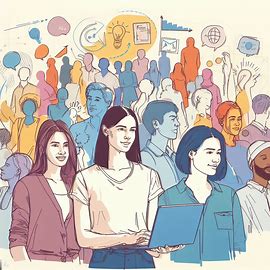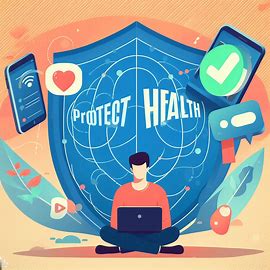Vivek Murthy, the current Surgeon General of the United States, is leading a mission to address increasing loneliness in America. Through his experiences and research, he emphasizes the physical and emotional toll of loneliness, highlighting the need to prioritize human connection. Murthy’s proposed solutions focus on both individual actions and policy changes to foster stronger, healthier relationships.







